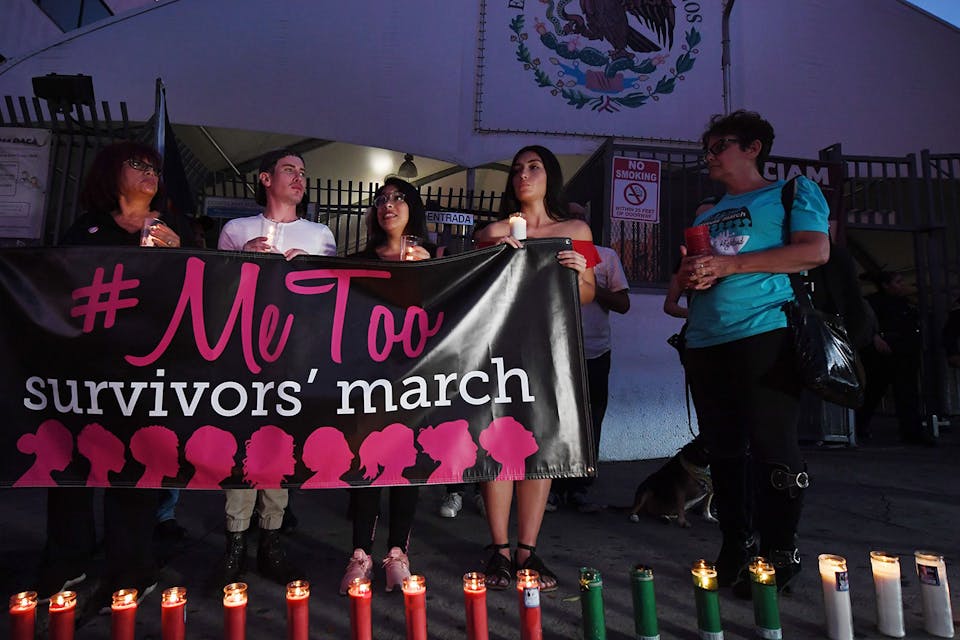
November 21, 2018
When Did We Begin to Talk about Victims of Misfortune or Adversity as “Survivors”?
It probably started with the term “Holocaust survivor.”
I’ve been thinking lately about the word “survivor.” One runs into it a lot these days—and not just as the name of a popular TV series. Organizations of or for “survivors” are everywhere, and new ones keep cropping up. There are organizations for child-abuse survivors; for childhood-trauma survivors; for sexual-abuse survivors; for rape survivors; for domestic-violence survivors; for gun-violence survivors; for mass-shooting survivors; for human-trafficking survivors; for slavery survivors; for terrorism survivors; for suicide survivors; for torture survivors; for prostitution survivors; for abortion survivors; for cancer survivors; for stroke survivors. There are organizations for “psychiatry survivors” and “surgical-mesh survivors.” There is even an organization for “wildlife survivors”—which means not human survivors of attacks by wild animals but wild-animal survivors of attacks by humans.
Where did we get so many survivors from? The very word in its current sense did not exist much, if at all, before the start of this century. My 1983 edition of the Random House Dictionary of the English Language defines it as meaning simply “one who or which survives,” and though a definition offered of “to survive” is “to endure or live through an affliction, adversity, misery, etc.,” as in the illustrative sentence “She’s survived two divorces and the loss of her fortune,” this simply confirms my point. One did not speak in 1983 of a “divorce survivor,” as one might do today with every expectation of being understood.
What is the difference between surviving a divorce and being a “divorce survivor”? It’s like the difference between applying for a job and being a “job applicant.” If you apply for a job, there’s you, the job, your family (if you have one), your potential employer, and that’s it; no wider context is implied. If you’re a job applicant, you’re part of a group composed of everyone else applying for a job at that moment. You’re in a category, in the same way that, if you’re a “divorce survivor,” you belong to the set of all the people who have ever been divorced.